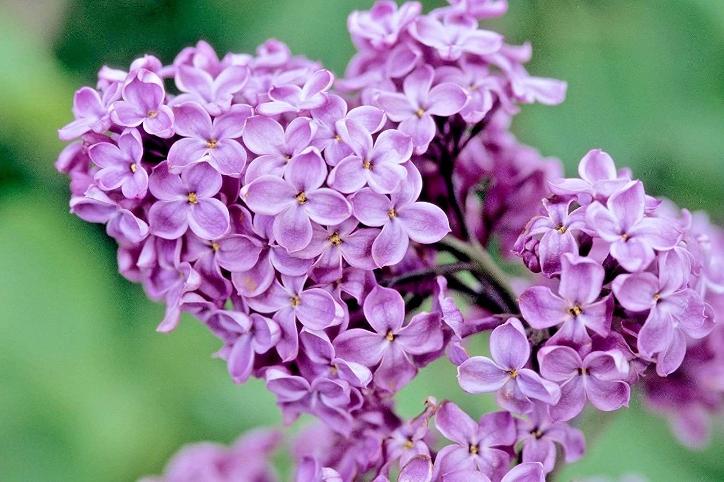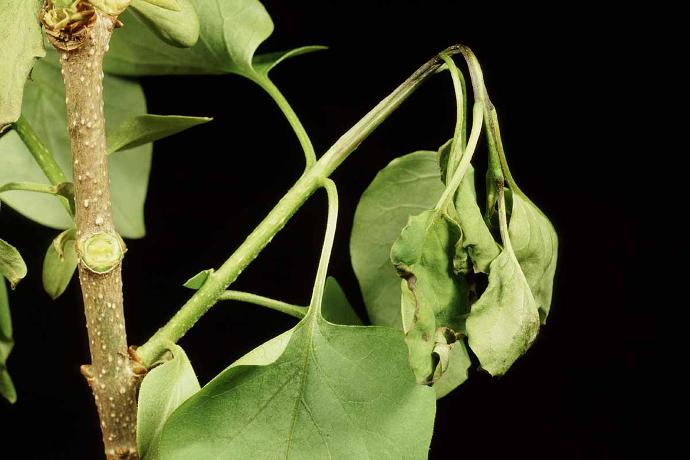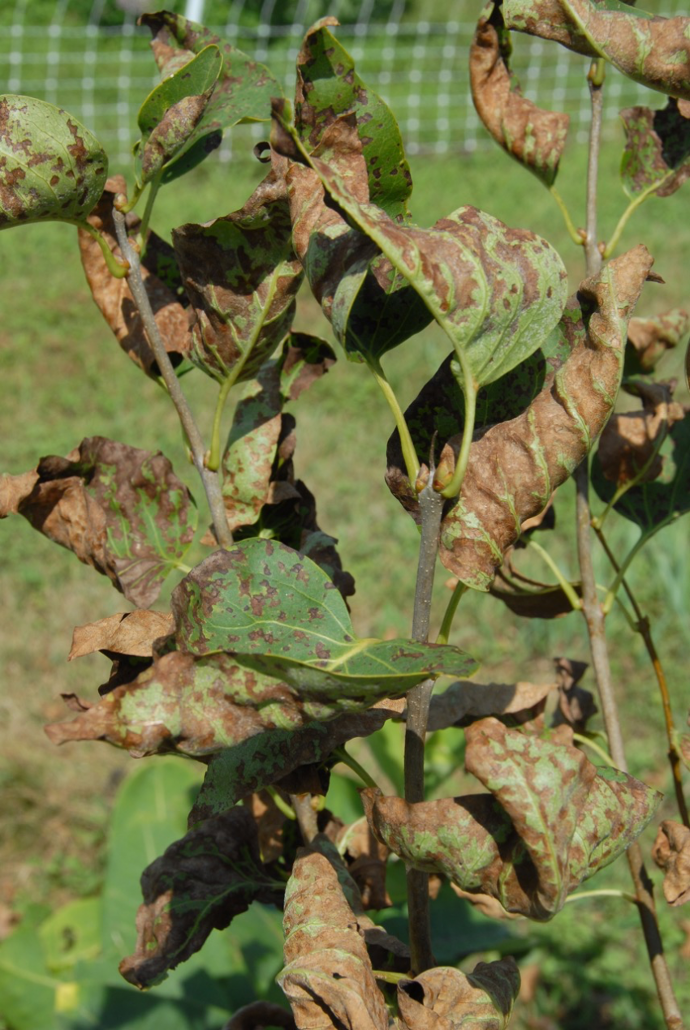Lilac Plant
Lilac (Syringa vulgaris) is a shrub that grows 8-15 ft tall, hardy in USDA Zones 3-7, prefers well-drained soil, full sun, medium moisture, not edible, and not medicinal.

Habit
Shrub
Height
2 to 3 m
Growth
Fast
Soil
Well Drained
Shade
Full Sun
Moisture
Medium
Edible
No
Medicinal
No
Origin
Europe
Climatic Condition
Temperate, Subtropical
Temperature (°)
15°C to 25°C
Humidity (%)
50% to 70%
Potting media
50% Loam, 30% Sand, 20% Compost
Fertilizers
Organic Fertilizer
Watering
Regular watering
Plant Weight
0.5 to 1.0 kg
Flowering Time
Spring to Early Summer
Soil Ph level
6.0 to 7.5
Water Ph level
6.0 to 7.0
Soil EC
0.5 to 1.0 mS/cm
Yield Per Plant
2 to 4 kg per plant
NPK ratio
5:10:10
life Span
10 to 20 years
Health Benefits
Ornamental, Fragrance
Suggested Grow Media or Potting Mix ?
50% loamy soil, 30% compost, 20% sand
Suggested Fertigation/Fertilizers
Fertilize every 4 weeks with a balanced fertilizer.
Common Diseases and Remedies
Powdery Mildew, Bacterial Blight, Leaf Spot, Lilac Borer, Aphids
White, powdery growth on leaves, Dark, water-soaked spots on leaves, Dark spots on leaves, Wilting branches, sawdust at base, Distorted leaves, sticky residue
Neem oil, sulfur, Prune infected branches, improve air flow Remove and destroy infected leaves Remove and destroy affected branches Neem oil, insecticidal soap
Fungicides with myclobutanil, Copper-based bactericides, Fungicides with copper, Insecticides with permethrin, Systemic insecticides (imidacloprid)
HEALTH BENEFITS
Traditionally used in herbal medicine for fever reduction and skin conditions.

